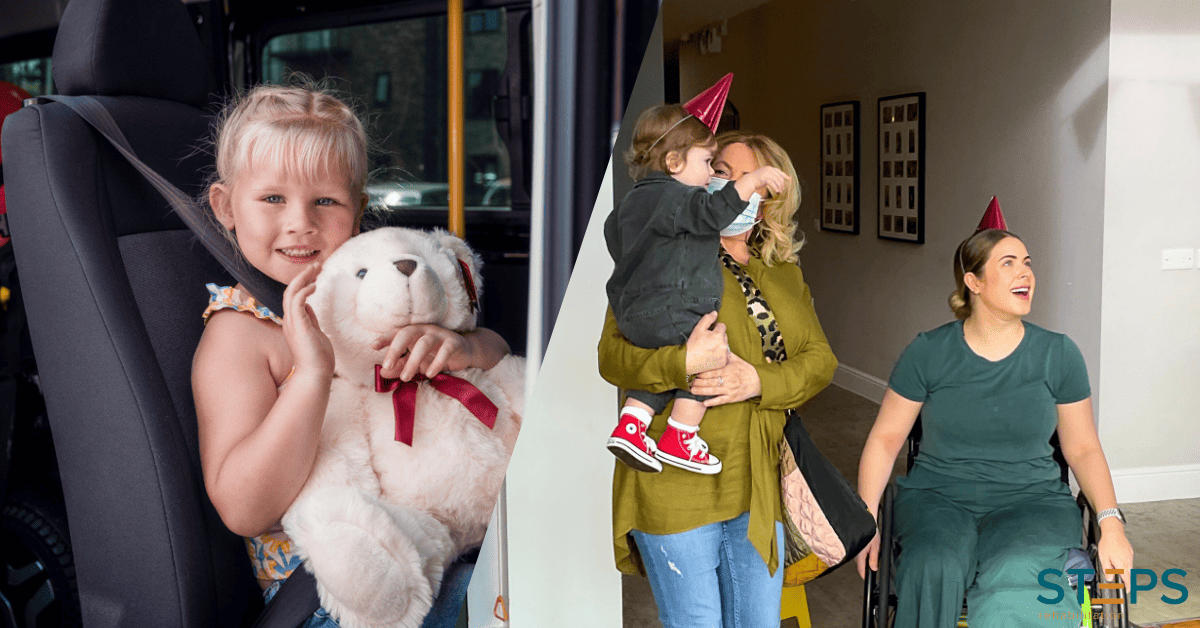Friday 27th January 2023 marks Parent Mental Health Day, a day that encourages understanding and awareness of the importance of a parent’s and carer’s mental health.
This year the theme is #BuildFamilyResilience.
In this article, written alongside Solution Focussed Hypnotherapist, Jessika Sheppy and Assistant Psychologist, Hannah Smith, we look at the different ways our team support the parents of our clients, as well as our clients who have children of their own.
We Are Family
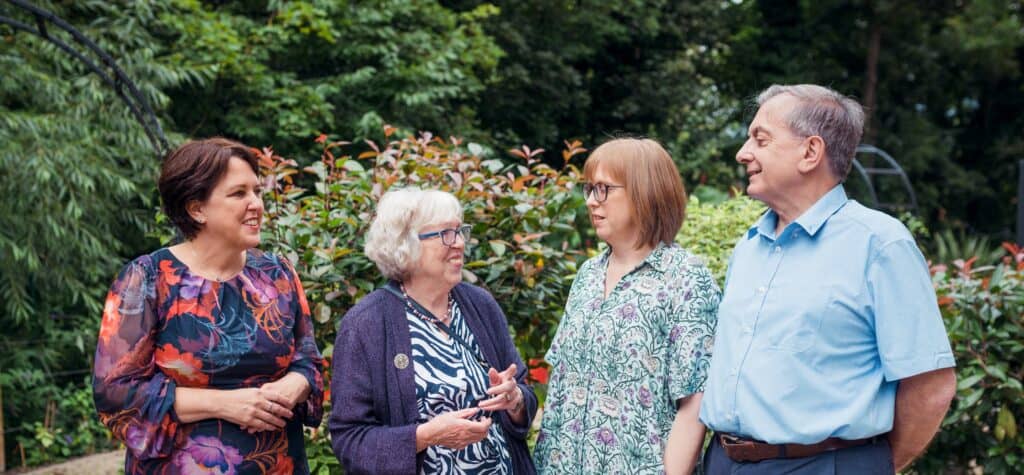
The importance of family is a key value of STEPS Rehabilitation; in fact, it forms the very foundations that STEPS is built on. Family is an integral part of STEPS’ journey from inception to today. STEPS was founded by sisters Jules Shiel-Boulger and Toria Chan and their father, Ray Boulger. It’s a rehabilitation facility that’s built by a family… for families.
The majority of clients that STEPS Rehabilitation care for have suffered catastrophic injuries. The very nature of those injuries means that an individual’s capacity to carry out day-to-day activities and their ability to live independently is significantly impeded.
For the family members, and often the parents and guardians of clients, the injuries sustained by their loved one can have a profound impact on their lives and own mental health as they start to navigate their new normal and look ahead to the future.
Parents, wider family and friends have always been welcomed into STEPS and are actively encouraged to be part of the rehabilitation process. Like all medical facilities, lockdown limited family and friends visiting STEPS Rehabilitation which meant provisions were put in place to enable clients to maintain contact with them remotely, via regular virtual calls. As soon as the restrictions were lifted, we were thrilled to be able to accommodate parents and loved ones again.
Sometimes the team feel it is appropriate for a parent to stay overnight with their child or for a child to stay overnight with their parent. In these situations, an extra bed can be provided in the client’s room, and the on-site assisted living apartment can provide ample space for families to be together.
Our team also have a list of recommended hotels, cafes and restaurants nearby that we can share with anyone visiting STEPS.
It’s a Family Affair
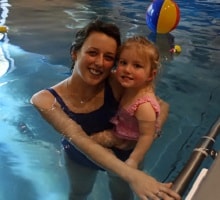
The support and encouragement from parents and family is an integral part of a client’s recovery, so we involve them at every stage of the process, from the first visit to mealtimes and where possible, during therapy sessions, including hydrotherapy and group activities.
The kitchen team at STEPS are dedicated to providing the most nutritious and high-quality food to clients and their families, meals together as a family in our café can be planned at weekends and at certain times during the week. Clients and family can also cook their own meals in our therapy kitchens with the support of the treating teams. Sometimes having a meal together at STEPS is the first time the family have had this opportunity since their accident, often following a long hospital stay, this can provide some normality and crucial family time together essential for their wellbeing.
The STEPS café offers a unique and informal space for the parents of clients to meet, chat, play games and join craft and art sessions. This can also be a good opportunity to meet other families and share their own experiences with one another.
Family Support Sessions
In November 2022, we launched ‘Family Support Sessions’, delivered by therapists at the weekend alongside wellbeing sessions, as additional support to parents and guardians. These activities include Tai Chi sessions on Saturdays and our ‘Sunday Social’ group, which involves board games and quality time spent together.
Jess offers mindfulness groups for family members to offer everyday skills for living more present and mindfully. These sessions aim to improve emotional wellbeing and promote relaxation, whilst equipping people with practical techniques to help reduce stress, these include grounding exercises and self-compassion skills.
We hope that by joining these sessions, parents and guardians can take some time for themselves in what can often be a very busy and stressful period of their life. Research has shown that providing long-term care for a loved one can have a significant impact on the parents’ mental health. This can include symptoms of depression, anxiety and PTSD, as well as feelings of anger, hopelessness and guilt. It has been reported that parents who provide long term care for their injured child have noticed their cognitive function has been affected, for example, their attention and memory. They can use this opportunity provided through these sessions to get to know the team who are caring for their child and be signposted to any additional services that either themselves or their child may find useful.
These sessions also give parents the space to reflect on the circumstances surrounding their child’s injuries and help them to look ahead to the future and start rebuilding their lives. For many parents, having an injured child can lead to a disrupted family life and create barriers to employment, which is where they would ordinarily find their support system.
Usually nobody knows a child better than their parent or guardian, so by spending time with them, the team can often gain a unique insight into the client and who they were before their accident, which can help inform therapies and additional activities that they will enjoy and engage with.
As a team, STEPS is looking at developing this programme of support sessions and hope to include art and music therapy in the near future.
Educating Parents
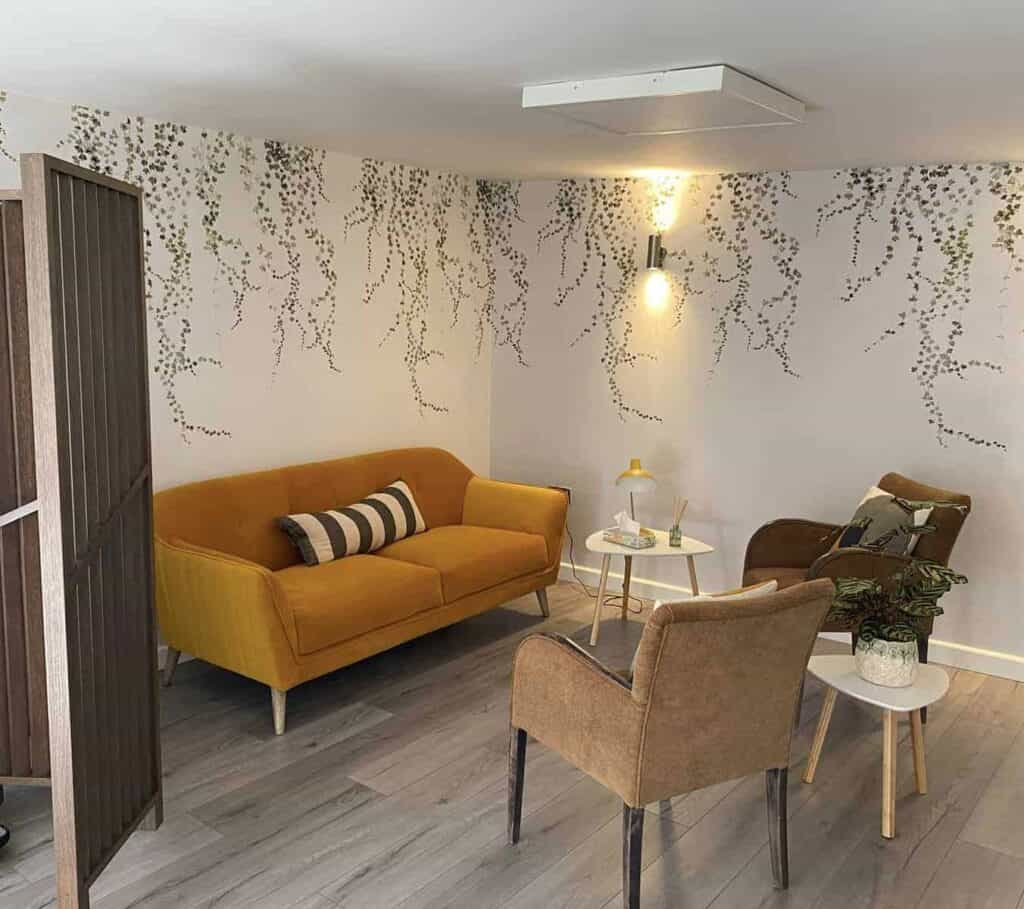
Our Assistant Psychologist, Hannah Smith provides 1-to1 sessions for parents and family members to help educate and support them to better understand the injury sustained, the rehabilitation process, and what to expect from the future.
The education sessions include information on brain injury, behaviours following a brain injury and spinal cord injuries, as well as providing more practical skills, such as correct moving and handling techniques. Parents are naturally protective of their child and for many the concept of leaving them for an intensive period of rehabilitation after usually an already lengthy period of time in hospital is daunting. By providing parents with as much information as possible, they feel safe in the knowledge that their child is receiving the best possible care and treatment needed to help them on their recovery journey. Building more relationships with the team through these sessions also helps to build the trust parents need.
Clients with children of their own
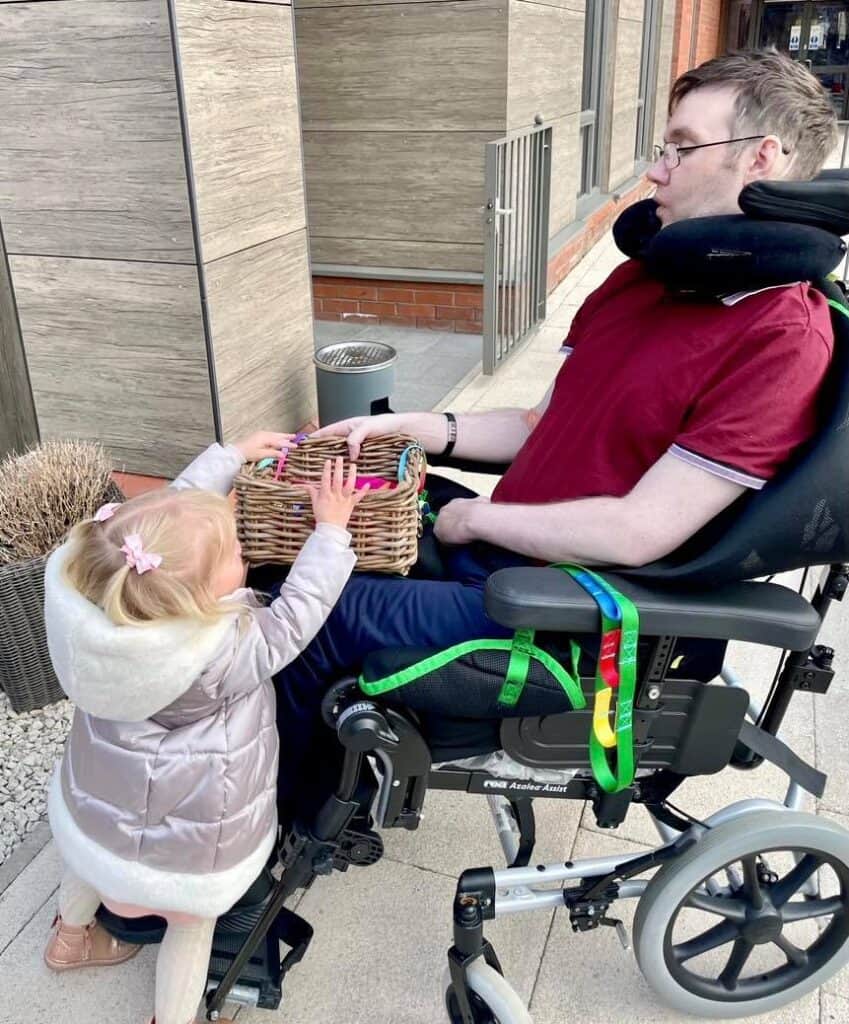
We have a number of clients at STEPS who are parents themselves and regularly have children visiting the facility.
Where possible, our team may invite child of a client to join their parent in a therapy session, which can be hugely beneficial and fun for everyone.
STEPS assisted living apartment is spacious enough for a baby to stay with their parent if they are a client at STEPS. A recent STEPS client, Ruby, was in the unique position of being able to have her son with her throughout her rehabilitation stay with us. Having her child with her at STEPS was vitally important to her recovery, as her little boy, Leon, was only 3 months old at the time of her accident. As an amputee client, Ruby was focussing on her core strength, balance and coordination and following months of rehabilitation with us, she took her first steps on her prosthetic leg with the support of Leon, who also took his first steps at STEPS!
Visiting a parent in a rehabilitation facility can be daunting for a child, so the team always make it extra special when they are with us. We have organised Easter Egg Hunts, hosted garden parties, summer BBQs, introduced the children to the therapy ponies and alpacas , and even included them in our Christmas videos!
